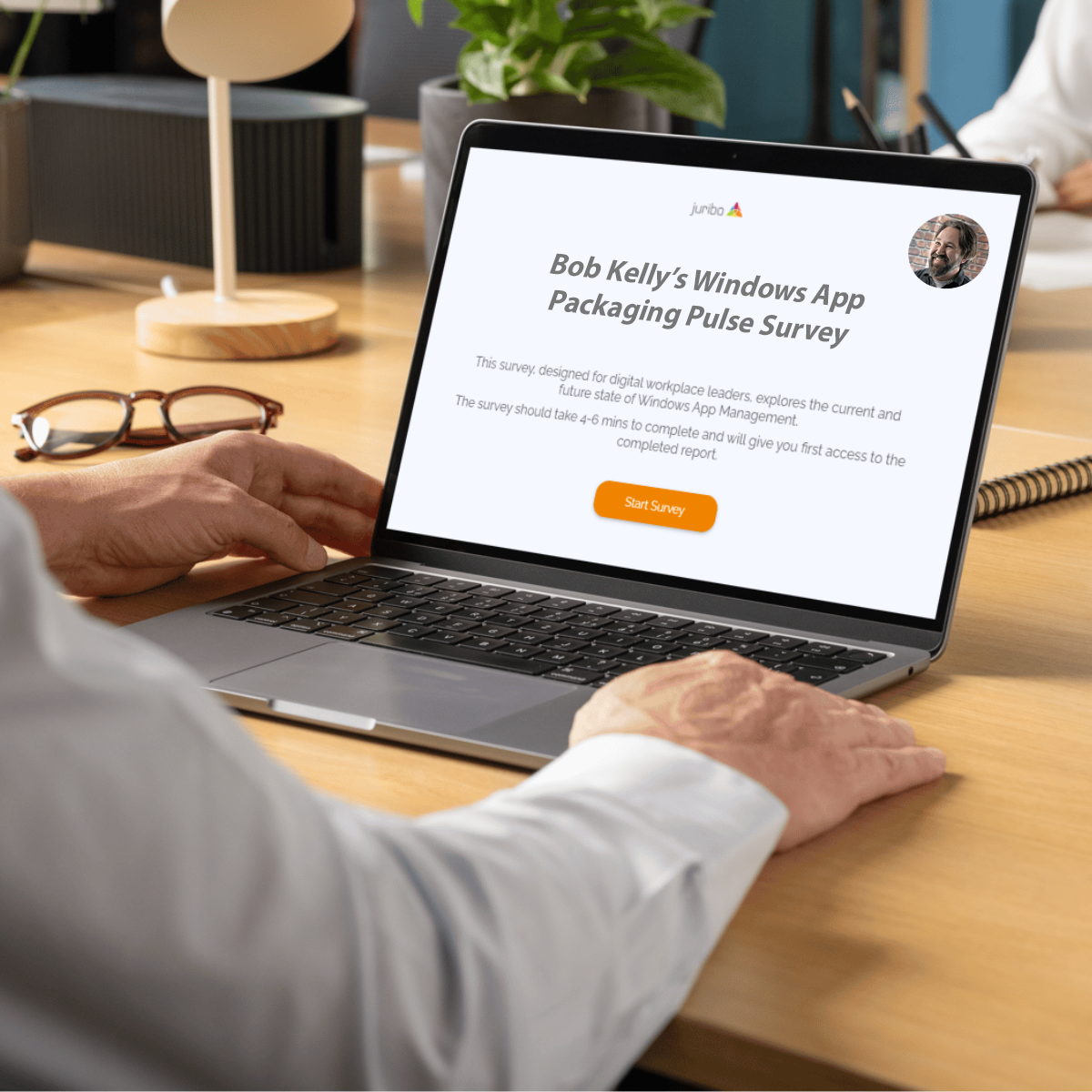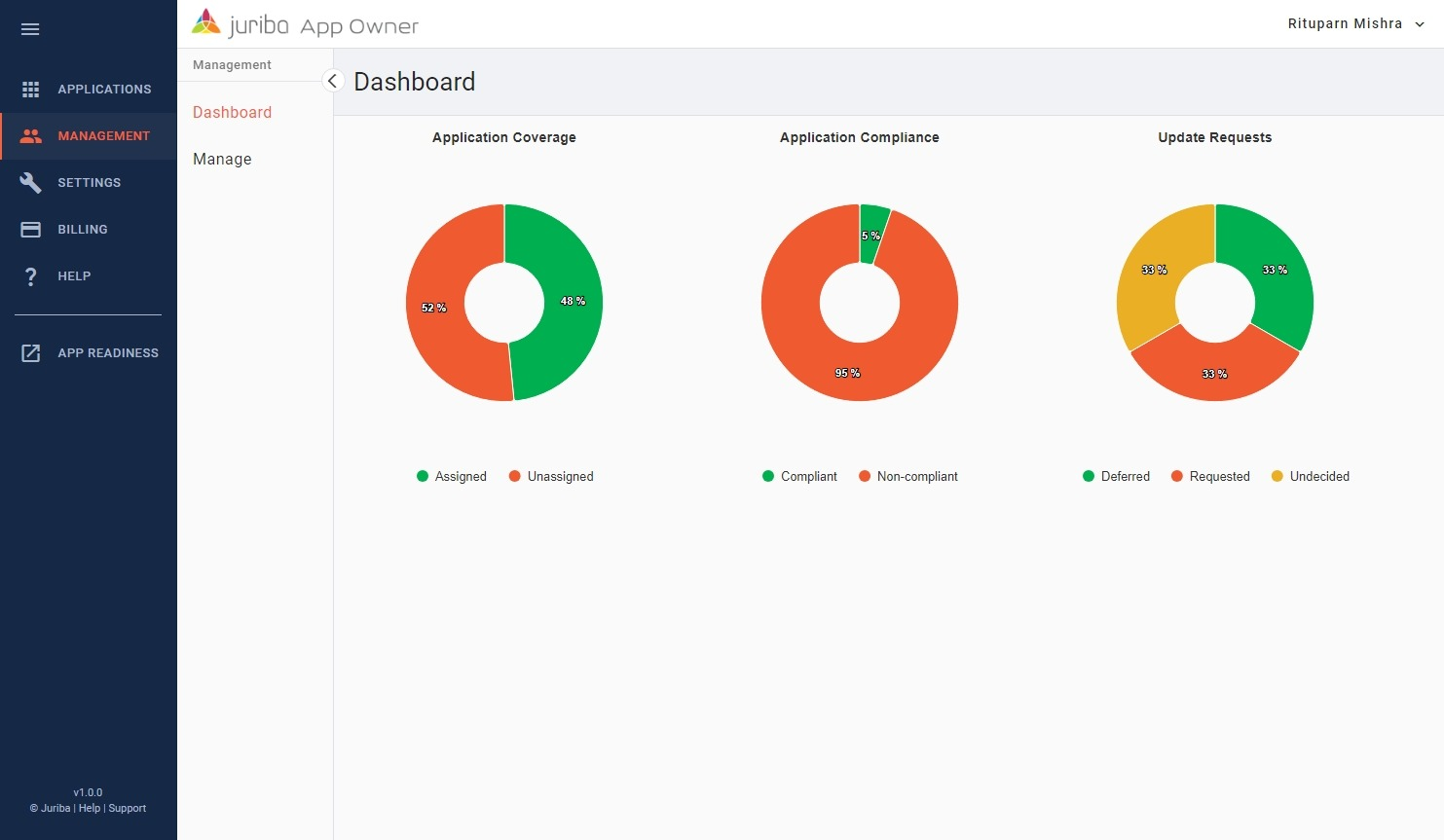Can Application Management Automation Really Make A Difference?
July 19th, 2022
5 min read
By Barry Angell

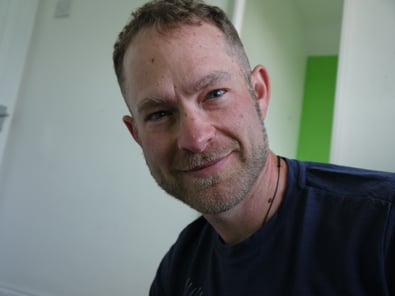
This conversation was recorded in July 2022 with Andrew Feltoe, who specializes in application management, and using data and software to solve real world problems. Andrew recently joined Juriba as Product Manager for AppM and brings to the team a wealth of experience from past roles, including Tesco, Whitbread, Transport for London (TfL), and Unisys.
Welcome Andrew to the Juriba family as AppM Product Manager! We'd love to know more about you, your experience, and why you believe you can make a difference at Juriba?
Andrew: I've always been excited about tech since I started 25 years ago back home in New Zealand. Over the years, I've been fortunate to experience all sides of tech, from infrastructure engineering to software development. In every role, I've always been passionate about having an opinion and asking the question why?
- Why are we building this?
- Why are we spending time doing this?
- Why is the process like this?
I think this obsession with technology - what it can do and how you need it to work to make something quicker, better, and faster to cause a problem to disappear - has allowed me to help teams build fantastic products that solve real problems.
When I met with Juriba to discuss the opportunity of working together, it scratched an itch I'd had for years! I'd been in previous roles where application packaging has been the bottleneck in large, expensive, and time-consuming IT infrastructure or BAU projects. So, I understand first-hand the pain that comes with this and how it has been a thorn in people's sides. Seeing that Juriba had an offering (in both AppM and Dashworks) that would help reduce and eliminate some of these actual problems filled me with delight! I see it as a big game-changer for the traditional IT organization that will make a difference, so I'm delighted that I get to take the reins.
So, application management has always been a passion of yours. What keeps it interesting for you? On that note, please share with us a little more about Juriba's application solution, appM?
Andrew: AppM is firstly all about automation and taking care of those little and time-consuming steps that an engineer packager regularly must perform in bringing an application into the business, packaging it in its various formats, and then distributing it onto their management tool. I want it to be as simple as drag, drop, and send. I've been a packager, and this process is all time-consuming and repetitive, creating unnecessary bottlenecks. That is why automation is critical, as it removes many of the manual processes and these barriers. The second part of AppM, and the bit that excited me, is about orchestration and using tools like the cloud to spin up virtual machines in seconds to complete large tasks quickly then use the analytics to make better decisions.
This gives you scale. Let me explain. Instead of just testing an application on a new build of Windows, for example, and understanding whether it will work (or not work) before moving on to the next one, with AppM we can spin up 100 virtual machines and orchestrate and test every application in parallel. This is the game-changing element that I mentioned about really making a difference, taking the challenge of Evergreen and turning it into BAU.
With this in mind, how do you think AppM, a solution to automate application testing and packaging, will make a difference to the end-user?
Andrew: It will make a significant difference to the end-user based on first-hand experience! As the product manager of end-user computing, I could list many scenarios whereby end-users feel like nothing is being done and are at the back of the queue. The problem is that when an organization has hundreds of applications they are trying to package and sandwich through the process of packaging, testing, and releasing, it becomes hard to do things quickly. This rightly infuriates the end-user who wants to use an application that has the functionality to help them do their job better. Still, they wait for extensive periods for their application to get to the front of the packaging team's queue, which falls increasingly behind due to more applications and constant updates of features and functionality.
All this leads to frustration from all parties; we're all human, right? One prime example of this is when a team once sent the CIO of the organization a birthday cake to make the point that they had been waiting a year since raising the initial request to have their application packaged. Horrible story, but it really highlights the problem for me and puts the spotlight firmly on needing to have the right tools in place to remove these bottlenecks. I see AppM as the solution that can solve this IT headache and complex challenges facing technical departments in an organization.
You've mentioned the complex challenges facing the IT department in an organization. How do you think AppM, alongside Juriba's Dashworks solution, can together play a vital role in helping?
Andrew: It's complex as IT departments in most organizations face an ever-changing and complex landscape comprising various end-user devices and endpoints that always need to be up to date. Managing all this is challenging (I know from first-hand experience) and being able to analyze data to make decisions and run projects is vital. This is where Juriba's Dashworks solution takes the pain away and provides the information and insight needed to decide where and when to focus your time and resources.
Evergreen IT and the need to continually upgrade and refresh has brought this issue to the forefront. As a result, IT departments must provide structure and focus when multiple projects are running simultaneously. For most of Juriba's customers, running an extensive upgrade programme requires this structure, and a significant project dependency is always applications that need to be tested, packaged, and re-tested. This is where AppM and Dashworks provide the ultimate compelling solution.
Removing any bottlenecks throughout these programmes is vital in terms of achieving the end goal on time and ensuring you come in on budget.
Andrew, you are extremely passionate about delivering a solution that will make a difference. So, what's the plan to drive the technology forward at Juriba?
Andrew: My main priority is thinking like our customers and understanding the user journey! I will spend as much time as possible with our customers understanding their individual and organizational pain points and needs. I'm not building the right tool if I don't do that.
In addition, I'll be thinking about product roadmap planning and evaluating and deciding which items will need to be prioritized because they will solve a customer problem. For example, we are hearing a lot of interest about Microsoft Intune from our customers and the impact it has on an EUC professional, who now must support a variety of tools, which in turn, support a variety of formats. If anything, we understand their world is becoming increasingly complex and the decisions they make (MECM or Microsoft Intune or both?) have large consequences to the EUC management, the cost, and the end-user experience. So overall, the plan is to ensure that I'm 100 percent focused on customers and their needs.
Great! Okay, quick-fire question round to find out more about you. What excites you about technology?
Andrew: It all boils down to seeing how technology is applied to solve a real-world problem that businesses or people experience, where you can see the value of what that technology can bring into a conversation.
Humans vs. technology?
Andrew: There absolutely is a role for both. Again, it's about using the right technology for the right situation. For example, in my last position and product I was managing, we wanted to optimize travel for large fleets. We had some fantastic data scientists, and there was a data problem. We knew that the best human in the world would do an excellent job, but not as consistent a job as a computer with suitable algorithms. On the other side of the table is that humans are fantastically creative and will spot valuable things that a computer may not. It's also about looking at the purpose of that task and the process of performing it.
Technology in the future?
Andrew: Technology enables good decision-making. Right now, we live in a world where there is exponential growth in data, and we need to be able to get insight into this data to be able to make decisions that will impact the future. So, we need the right technology customized to our customer's challenges to deliver real and tangible results - cost and time savings, better resourcing, and more.
Why is it essential to think about people, processes, and technology when solving business problems?
Andrew: None of them exists in a vacuum. I've had the pleasure of meeting some brilliant people who only see ones and zeros and forget that people are trying to run a process using technology to perform a task. So, for me, you cannot separate the three into silos. It's about intuitively solving problems that make it easier and enable things to happen quicker, save us time, and allow us to do the things we care about more.
And finally, the last question: for our customers using AppM, what does good look like?
Andrew: Customers using AppM and thanking our product for saving them money and time. It's about working smarter, empowering the end-user, driving productivity, and delivering real value to their business. I'd be thrilled by that.
Thank you so much Andrew for your insight and time.
Barry is a co-founder of Juriba, where he works as CEO to drive the company strategy. He is an experienced End User Services executive that has helped manage thousands of users, computers, applications and mailboxes to their next IT platform. He has saved millions of dollars for internal departments and customers alike through product, project, process and service delivery efficiency.
Topics:









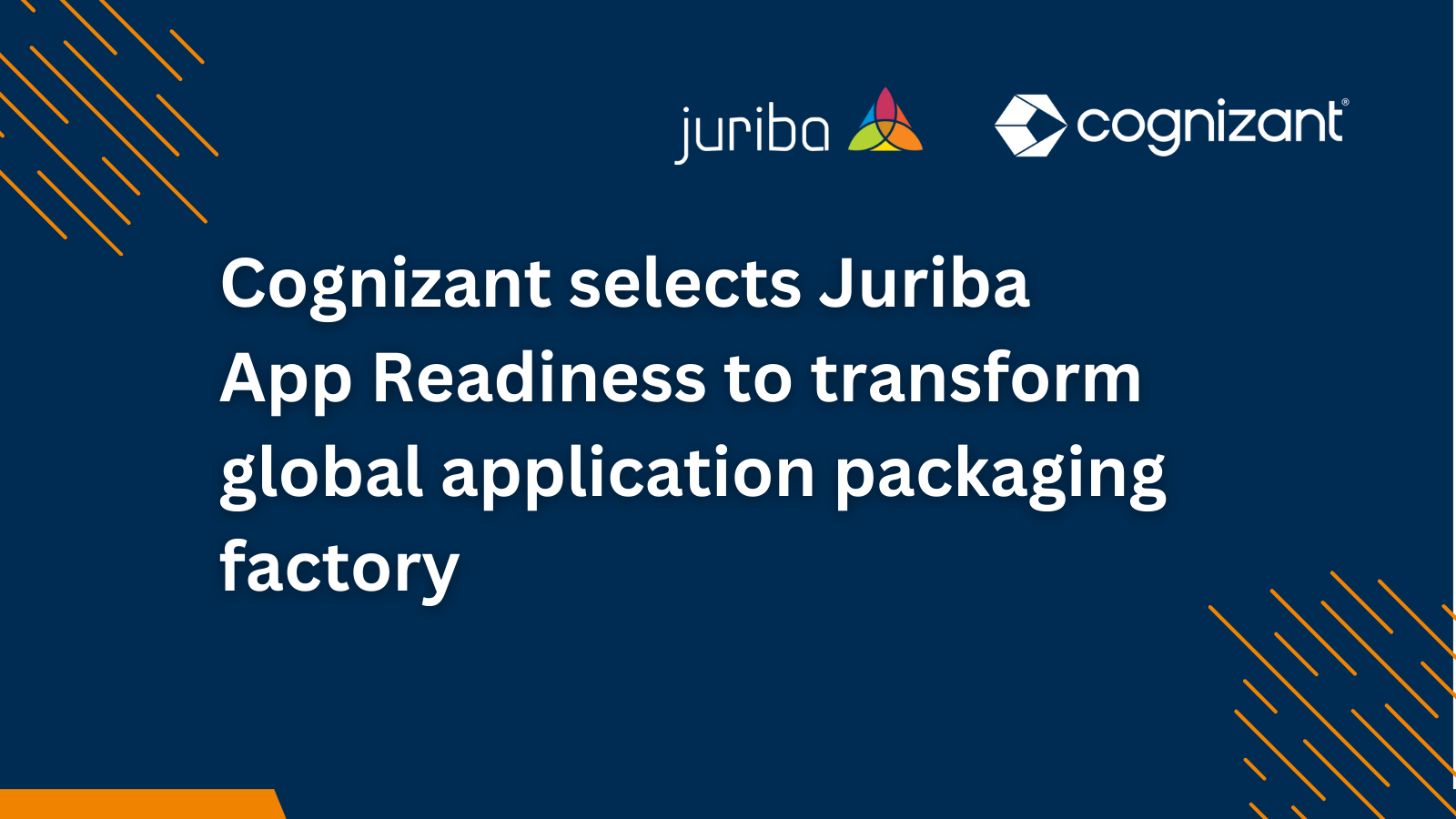
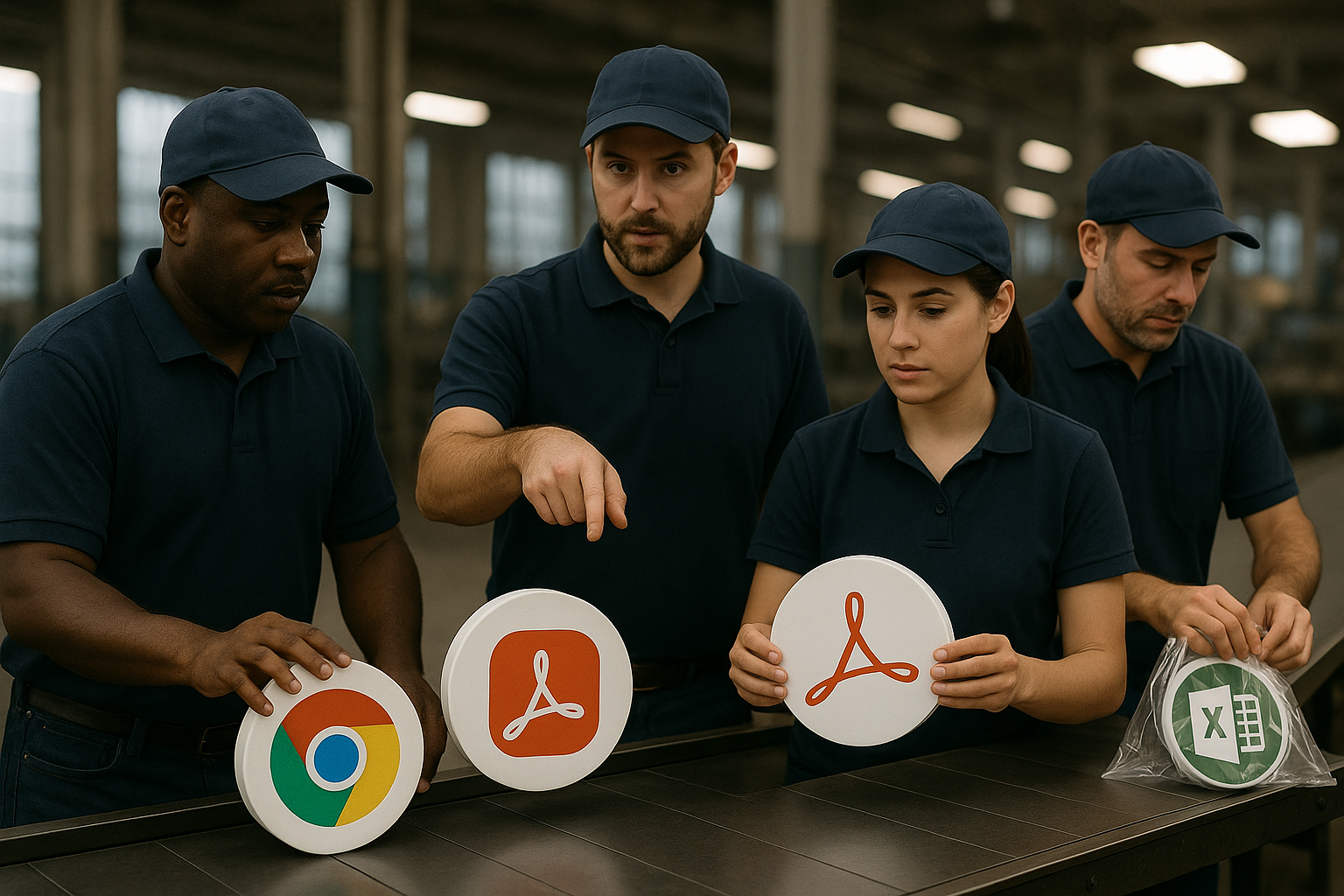


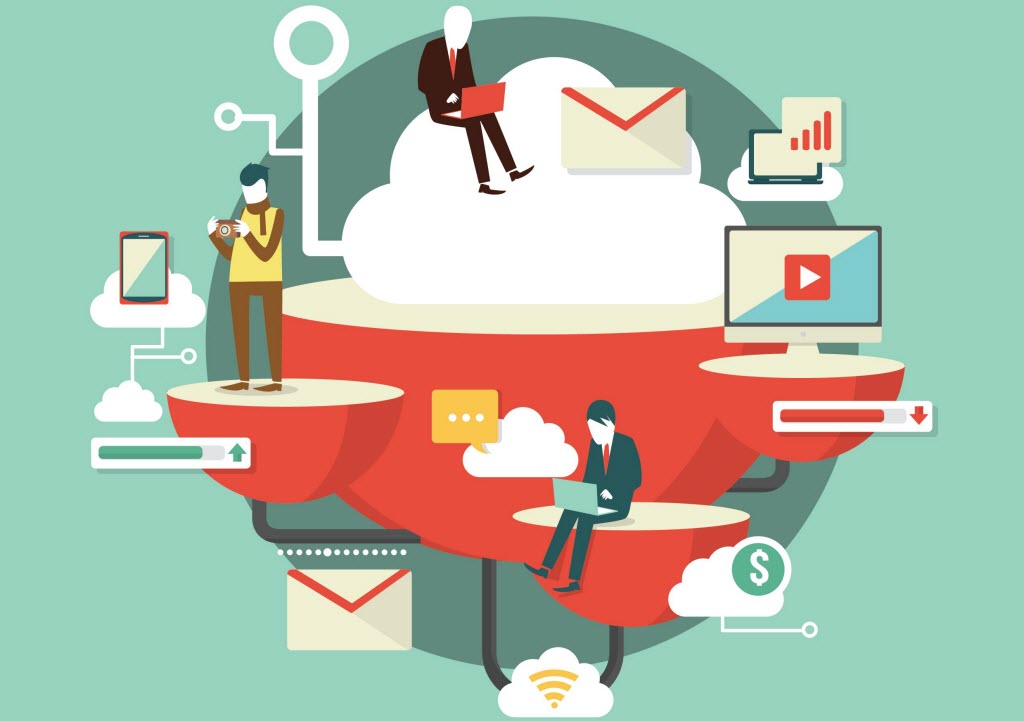
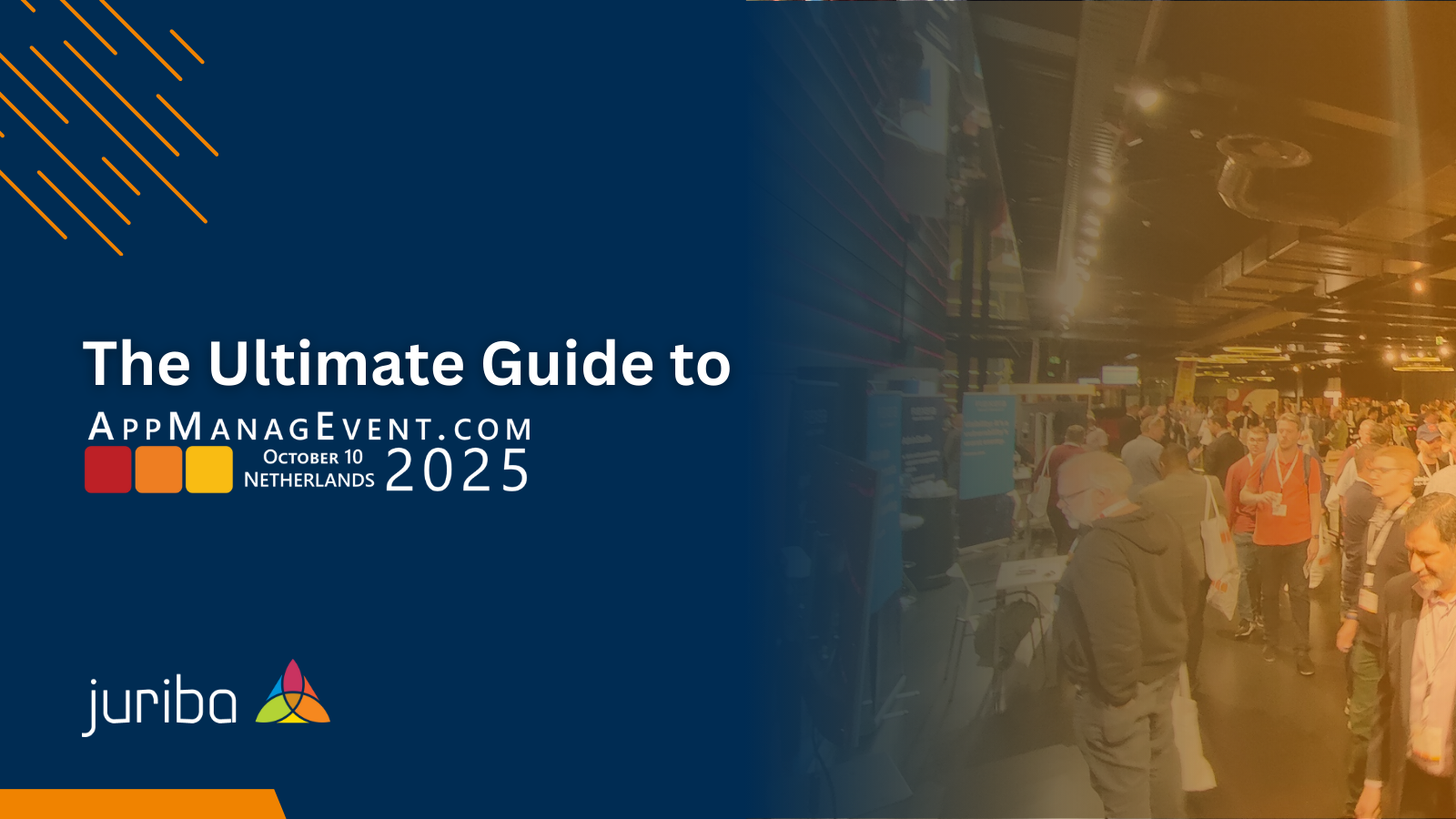
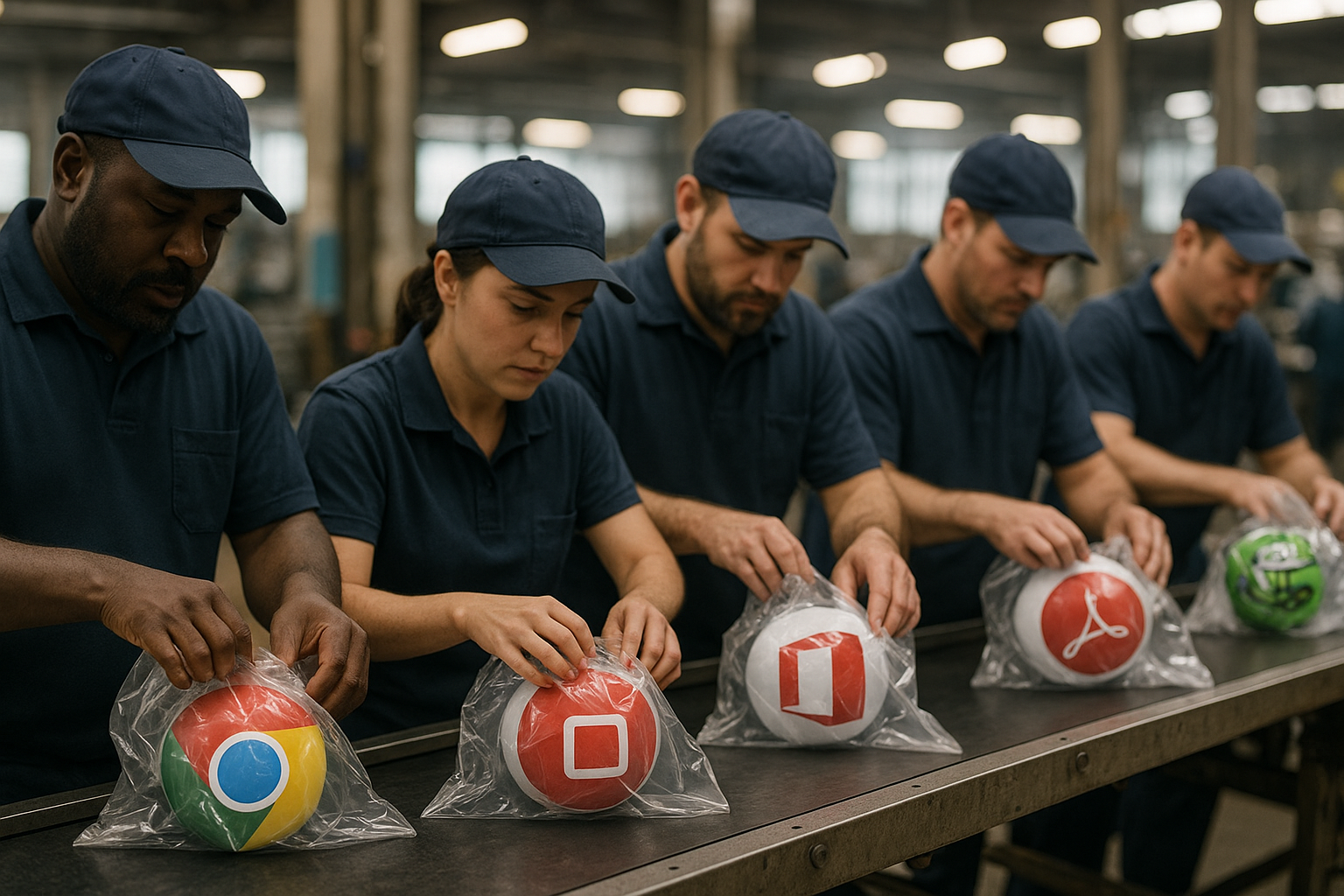
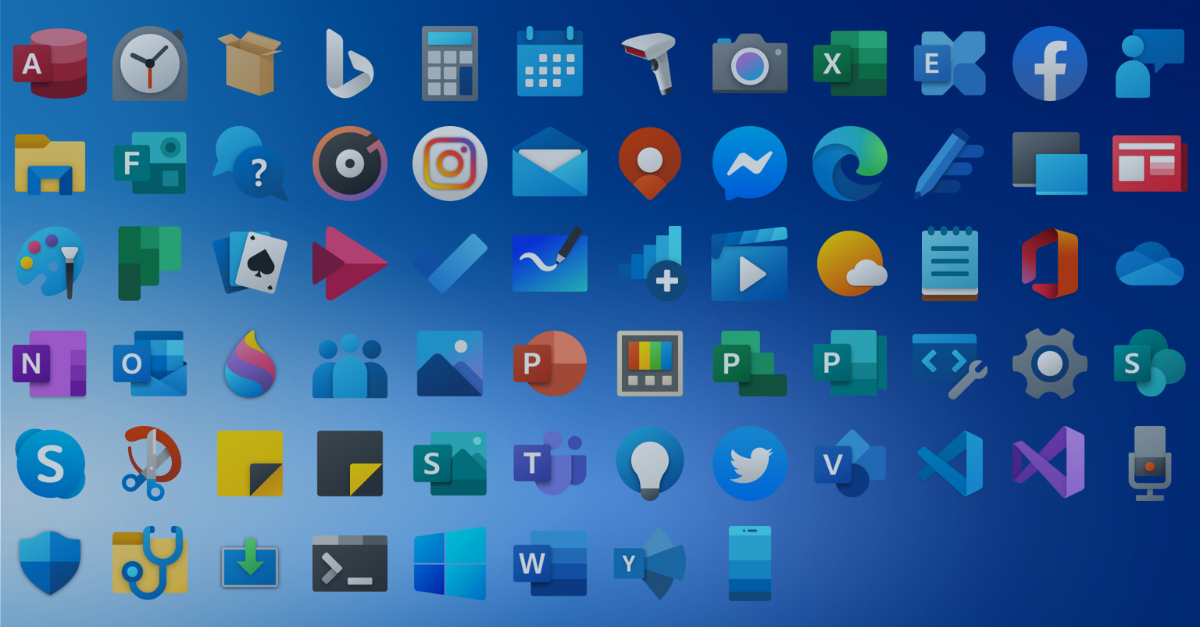
.png?width=1600&height=900&name=PSAppDeployKit_FeaturedImage%20(1).png)
